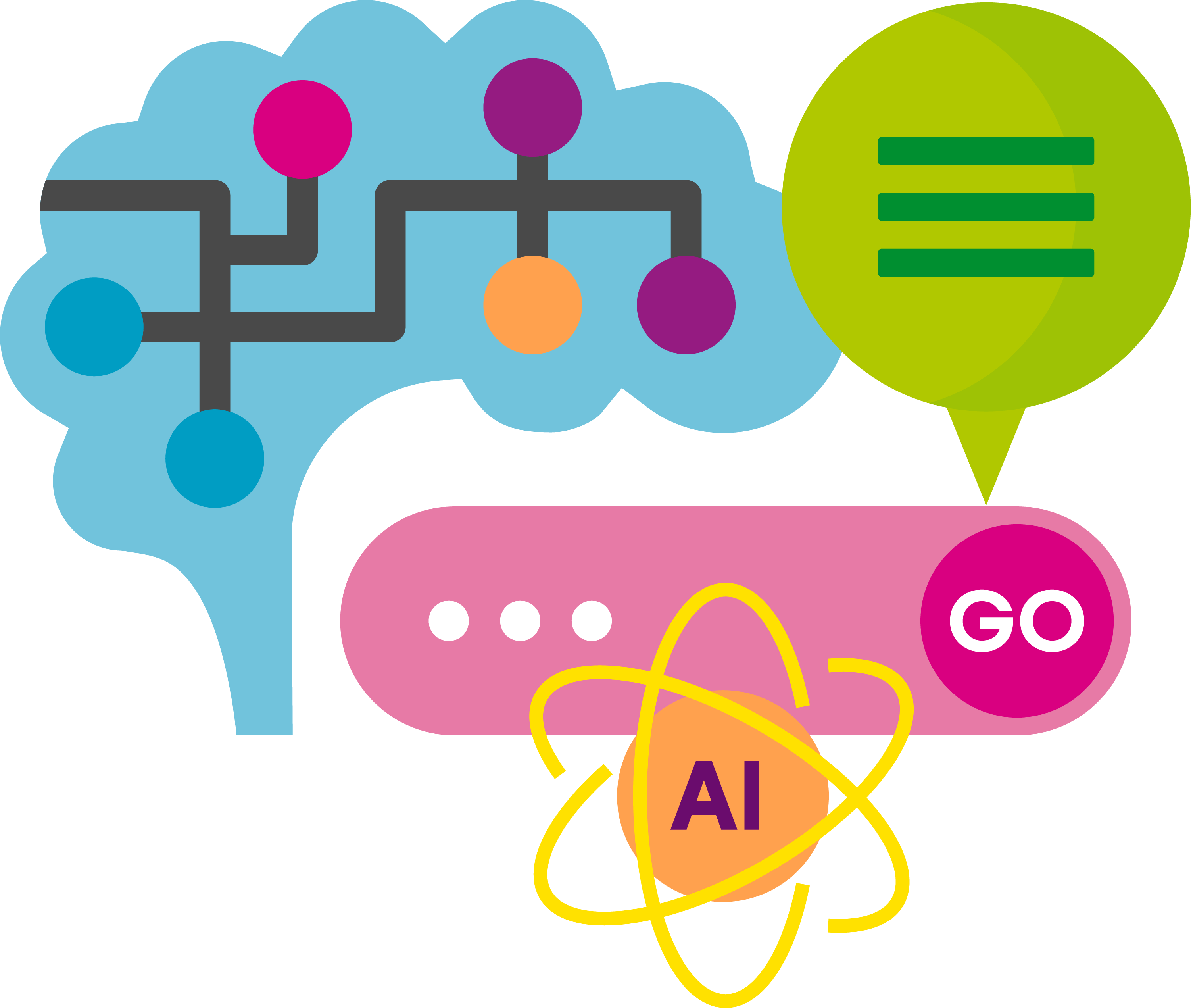This is at the same time a major step to streamline the internal use of data inside Danish public service, as well as a huge opportunity for innovation and growth through open data.
These are the consequences of an agreement between Local Government Denmark and the Danish government to improve and link public registers of basic data and to then make that data available to the private sector.
Basic registries are core data that are being used throughout the public sector and include things like private addresses, companies' business registration numbers, and the cadastral numbers of real estate properties. Basic registries when fully implemented and connected form the data back bone of public administration.
There is a potential saving of 260 million Danish Kroner in connecting these basic registries and making sure every public sector body uses them. Similar to steps being taken in the Netherlands, the system of basic registries is designed to drive down transaction costs between public bodies, and at the same time asking citizens to only provide their data once.
"As Minister for Finance, of course this is a great day. This project provides us with a more modern public sector and enables us to work more intelligently so that our money in municipalities or at the treasury can be spent as wisely as possible", said Bjarne Corydon, Denmarks Minister of Finance.
As part of the agreement, the basic registries will also be made available for re-use free of charge to the public. This instantly reduces costs for those businesses currently buying data sets from the government, but also makes it possible for entirely new companies and stakeholders to experiment with new services and products, without needing to invest heavily in data first.
Source: EPSI Platform









